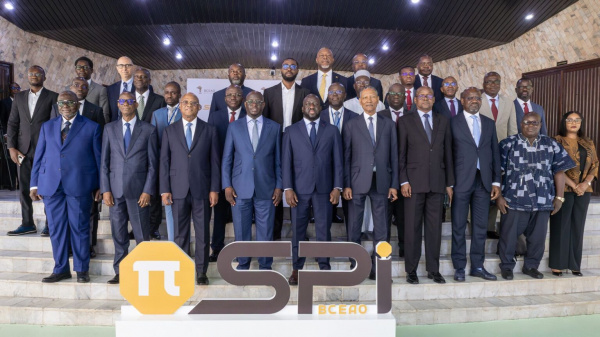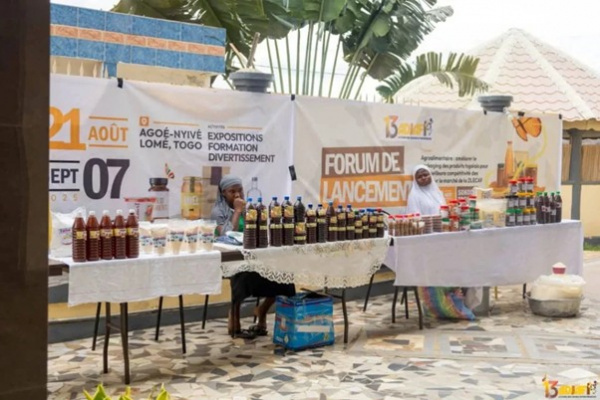Tanzania’s political scene has undergone notable changes recently. The ruling party, Chama Cha Mapinduzi (CCM), expelled Reverend Godfrey Malisa for his opposition to the endorsement of President Samia Suluhu Hassan and President Hussein Ali Hassan Mwinyi. As reported by The Citizen, Kilimanjaro Regional Secretary Merce Mollel announced that Malisa’s remarks were deemed violations of the party’s ethical standards and constitution, which ultimately threatened party cohesion. His criticisms during the National Congress on January 19, 2025, played a significant role in his expulsion, underscoring the party’s strict commitment to its internal rules as the general elections approach.
Air France has resumed its flights to Tanzania after a 28-year absence, offering three weekly services that connect Paris-Charles de Gaulle with Kilimanjaro International Airport via Zanzibar. The airline utilizes an Airbus A350-900 for this route, aiming to cater to the increasing number of French tourists and business travelers eager to discover Tanzania’s famous attractions. According to KATA, this re-entry into the Tanzanian market not only bolsters the tourism industry but also promotes local development, highlighted by a recent $4,000 donation to a local primary school from a French organization.
Read more: ‘Hell worse than what we have already?’ Gazans reject Trump plans
Crypto scammers have targeted the followers of Tanzanian billionaire Mohammed Dewji, compromising his social media account to promote a fraudulent digital asset called the “Tanzania token.” Using sophisticated deepfake technology, the scammers misled Dewji’s 2.2 million followers into investing in the scheme, leading to an estimated loss of $1.48 million. As reported by News Bitcoin, Dewji regained control of his account within 24 hours and warned his followers about similar scams, although the financial damage had already occurred.
This event highlights the susceptibility of prominent individuals to cyber threats.
Cassava seed business transforms the lives of women farmers in Tanzania
Tanzania is advancing its efforts to establish sustainable cassava seed systems with an emphasis on empowering women farmers. This initiative seeks to break down traditional obstacles such as restricted access to land, financial limitations, and societal norms that hinder women’s involvement in seed entrepreneurship. According to CGIAR, The Muhogo Bora project, a collaborative initiative involving the International Institute of Tropical Agriculture, Tanzania Agricultural Research Institute, and Cornell University, has modified selection criteria to encourage broader participation. Testimonials from beneficiaries like Saada Mkuyu, a 47-year-old farmer, demonstrate the project’s significant impact on improving women’s livelihoods.
UNESCO intensifies initiatives to address gender-based violence in media and technology
UNESCO has partnered with Tanzanian ministries to address gender-based violence (GBV) in digital and media contexts, aiming to integrate this vital issue into the National Plan of Action for the Prevention of Violence Against Women and Children (2025-2029). As reported by UNESCO, this strategic initiative aims to protect women and children from various forms of violence, both online and offline, in light of the influence of technological advancements on public discourse. The initiative focuses on enhancing policies, building stakeholder capacity, launching public awareness campaigns, and fostering safer online environments. In response to growing concerns regarding the impact of AI on GBV—especially in relation to deepfakes and cyber harassment—UNESCO is dedicated to promoting ethical technology use and advancing gender equality through collaborative efforts with government agencies, media, technology companies, and civil society in Tanzania.









